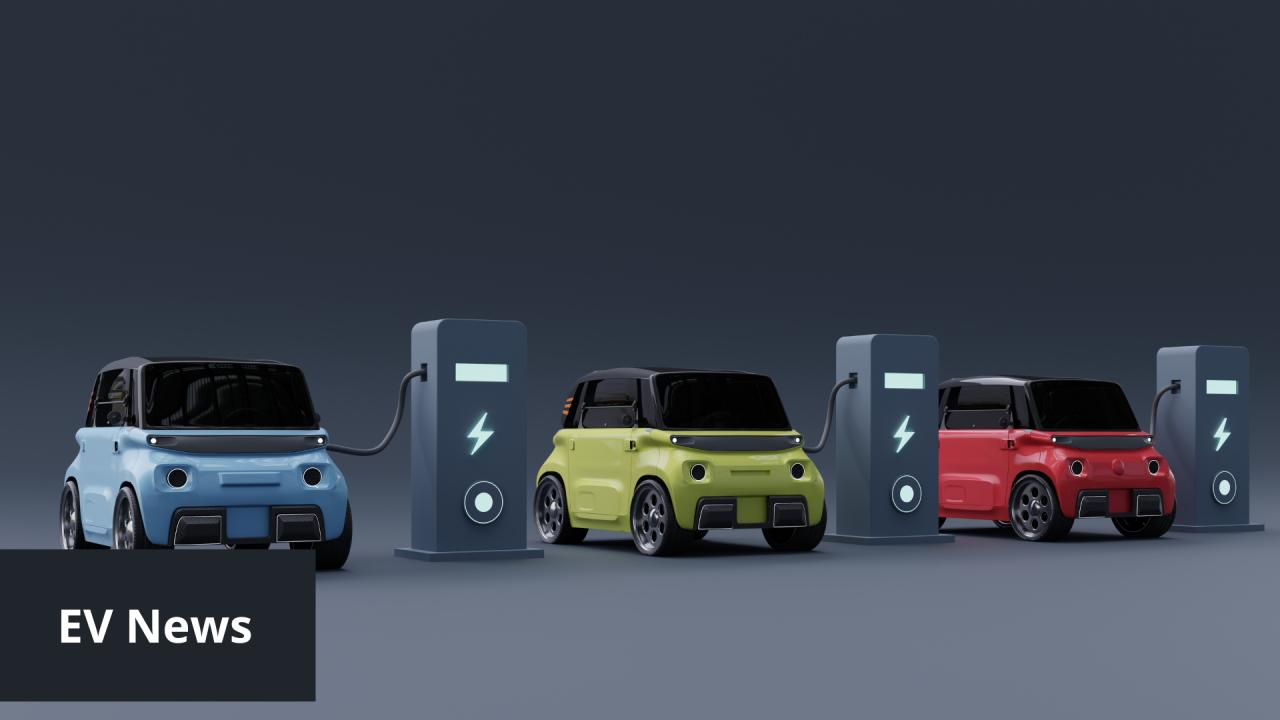Nio Plans to Expand Battery Swapping Stations
Nio is set to significantly expand its network of battery swapping stations. The plan to add 1,000 new stations in China by 2024 might experience a minor delay. According to William Li, Nio's CEO, this delay could be limited to just 1-2 months.
The third assembly factory for swapping stations is already under construction in Wuhan, with its opening scheduled for September. This factory will be a crucial element in achieving Nio's goal of expanding electric vehicle infrastructure.
China Doubles Subsidies for New Vehicles
The Chinese government has decided to double subsidies to encourage consumers to replace old cars with new, eco-friendly vehicles. Consumers can now receive a subsidy of 20,000 RMB when scrapping an old car and purchasing a new electric vehicle (NEV). For the purchase of a gasoline car with an engine size up to 2.0 liters, the subsidy is 15,000 RMB.
This move is part of China's broader strategy to promote sustainable mobility and reduce greenhouse gas emissions. The increased subsidies aim to accelerate the transition to greener transportation and support the domestic automotive industry.
Impact on the Future of Electric Vehicles
Both initiatives—Nio's infrastructure expansion and the increased government subsidies—have the potential to significantly impact the electric vehicle market in China. Improving the availability of swapping stations will make using electric vehicles more convenient and attractive for consumers.
On the other hand, higher subsidies may motivate more people to switch to eco-friendly cars, leading to reduced emissions and improved air quality in urban areas.
Conclusion
The future of electric vehicles in China looks promising due to a combination of private initiatives and government measures. Expanding EV infrastructure and providing financial incentives for consumers are key factors that could accelerate the transition to more sustainable transportation.
For more information, follow our source: CNevpost - https://t.me/cnevpost

